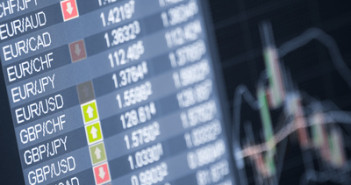The parliament in Kiev has approved a law granting self rule for the separatist regions in East Ukraine for three years. On December 7th, the regions will hold internal elections. This is a step forward towards peace, at a time when the ceasefire is not 100% respected. In addition, Ukraine approved another law granting amnesty to the rebels.
If indeed this leads to peace, it could lead to the removal of the mutual sanctions between Russia and the European Union, thus eventually helping the euro-zone recovery.
The rebels in the East just said that they are not planning any federalism with Ukraine, meaning that while Ukraine sees one whole and decentralized country, the rebels see themselves as fully independent. Ukraine is basically unraveling.
In order to balance these laws, the members of parliament in Kiev also ratified the agreement between the European Union and Ukraine, in a joint online session with the European Parliament.
However, despite the ceremonies, the free trade section of the agreement was postponed until 2016, in accordance with a trade agreement set between Russia and Ukraine.
If we set the politics aside, the calming down of tensions could lead to no new sanctions in the near future, and perhaps later a removal of the sanctions.
A better business environment and more euro-zone exports to Russia will certainly help the fragile recovery in the euro-zone. Tensions with Russia have weighed on German business sentiment.
ECB president Mario Draghi often mentioned geopolitics together with worries about the strong exchange rate. If the euro remains low and the relations with Russia improve, we could see a better recovery.
For more on the euro, see the EURUSD forecast.



